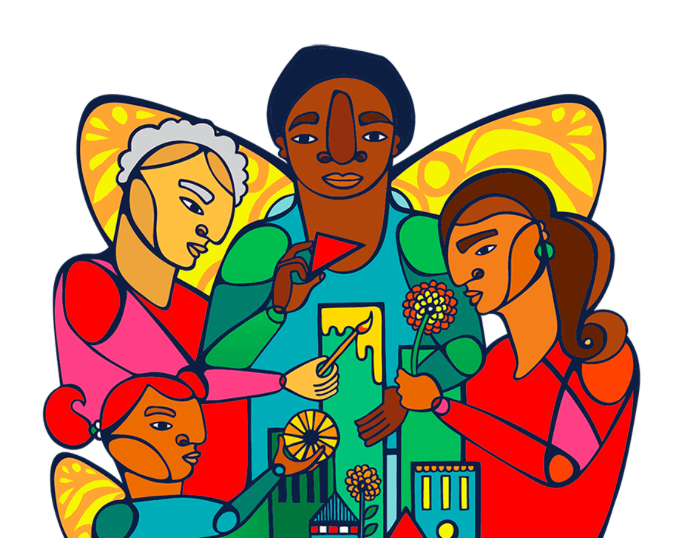Embracing Community-Centric Fundraising
The world of fundraising is a crowded one. There are donors, nonprofit staff, beneficiaries of programs, volunteers who support these organizations or serve on their boards, community partners, and yes, consultants like us who might intersect with any one of these groups. As Brightspot has grown into its work, we’ve also gained a more clear point of view on the good, the bad, the hard, the necessary, and now - the future, of fundraising: Community-Centric Fundraising (CCF). It is time to actively step away from the old way of doing things and traditional funder-donor-organization relationships. Instead, we are interested in supporting, advancing, and helping clients develop a fundraising model which centers the wide range of people that create our communities and support our nonprofit partners.
What is “Community-Centric Fundraising (CCF)?”
Community-Centric Fundraising is a model and set of principles that look to transform fundraising and philanthropy so they are grounded in race, equity, economic and social justice.
You can learn more, including exploring the history of the movement, resources, principles, and ways to get involved directly from the CCF website and the writing and speaking of the staff and leadership team.
Brightspot is committed to amplifying this message, participating and leading if/where appropriate, and actively working to create conditions for CCF to take root here in the northeast.
Why Do We Need Community-Centric Fundraising?
Historically, wealth has been generated through exploitation of labor as well as the ability of certain people to own (and steal) land and also hoard wealth through tax saving financial tools and policy.
With a lack of government services, charity was created to resolve what are actually systemic issues. This gives philanthropy control and power – they decide who is served and how and also who is left out.
The fundraising practices that emerged entrench this idea of donor control and the fact that people outside of communities are making decisions on that community’s behalf. Traditional fundraising practices prevent difficult conversations with donors about why wealth disparities exist, perpetuate the “White Savior Complex,” and elevate the voice of donors instead of those most affected by injustice.
Instead of centering the donor in our fundraising practices, particularly when they are mostly white, we need to center the full community (staff, board, volunteers, clients, participants, others we serve, donors, etc.).
The CCF movement prioritizes the entire community over individual organizations, fosters a sense of belonging and interdependence, presents our work not as individual transactions but holistically, and encourages mutual support between nonprofits.
We do not want to be complicit in furthering existing racist systems and feel that Brightspot’s values around equity and justice married with our passion for and expertise in fundraising make us uniquely positioned to learn about this movement, embrace new practices, and promote them with our clients and community. Take a look at some small, but powerful things you can do today to start changing the way you work.
Closing Notes
It is our intention to adopt the essence of the CCF movement and integrate it into our own consulting practice. In this way, we envision this as the new way we do business, not a gimmick or special service we offer to clients. To that end, should Brightspot ever present or provide resources specifically on CCF to any audiences (client or public), it would be done free of charge, or if payment was received, 100% would be donated back to CCF to support and recognize their thought and practice leadership.
Also, while equitable, anti-racist fundraising practices do intersect with diversity, equity, and inclusion work, Brightspot does not offer DEI consulting services. If you’re looking for support in that arena, here is one resource you might explore.

